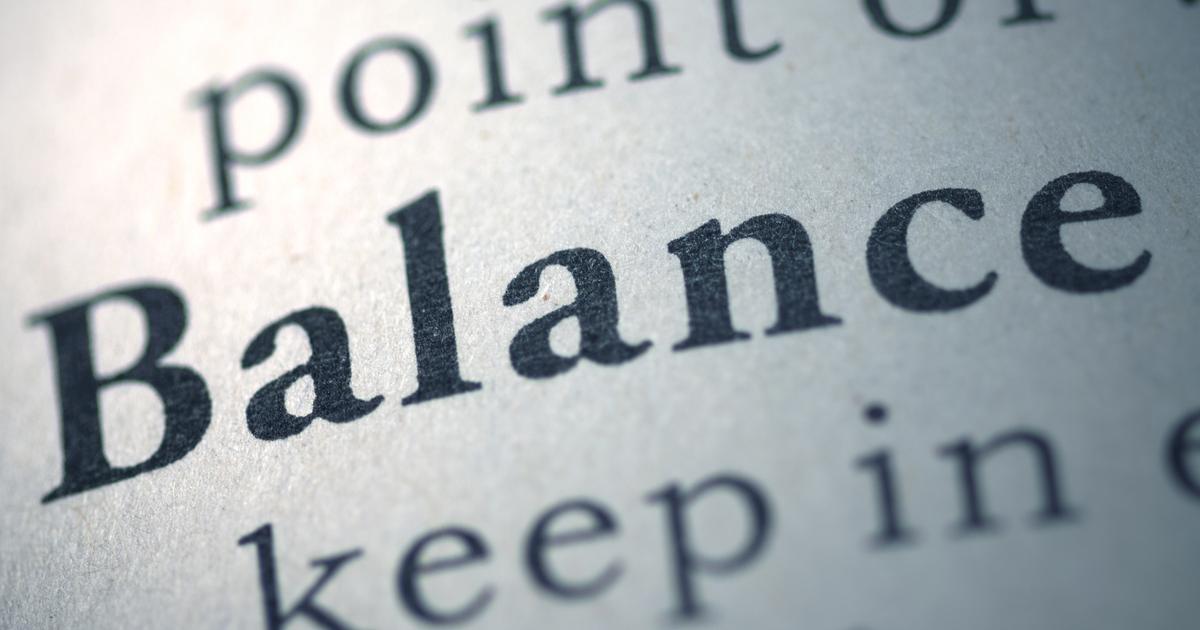How To Treat Endolymphatic Hydrops
Endolymphatic hydrops is one of several disorders that can affect the inner ear's vestibular system, which is the system responsible for regulating balance. Researchers don't know concretely what causes the disease, but the leading theory is there are abnormal fluctuations in the endolymph fluid, which fills the balance and hearing structures within the inner ear. Because of the fluctuations, the endolymphatic space becomes distended, an issue researchers call endolymphatic hydrops.
There are two main types of the condition: primary and secondary. The primary idiopathic version is also called Meniere's disease, and no cause is currently known. The secondary version occurs due to an event like an allergy, autoimmune disorder, head trauma, or other underlying condition.
Stay Hydrated

One of the most important things when managing endolymphatic hydrops is to stay hydrated. Individuals may want to stay away from alcohol and caffeine, as these substances can dehydrate them and cause unwanted symptom flareups. Patients with secondary endolymphatic hydrops tend to have more continuous symptoms than those with Meniere's disease. By contrast, Meniere's disease presents with sudden episodes that are more intense and violent in scope. Secondary endolymphatic hydrops might also not cause as much long-term damage to hearing.
Hydration is important for treating secondary endolymphatic hydrops because adequate water and electrolyte levels can help stabilize the fluid in the ear. While this won't cure the condition, it can decrease the frequency and severity of attacks for both subtypes. Affected individuals should make sure they're getting the right amounts of electrolytes, vitamins, and minerals. They can talk to a doctor about the best ways for them to hydrate. Patients should, however, try to avoid overhydrating, as this can cause their body to purge fluid and leave them more dehydrated than before. Doctors will typically have a treatment plan that includes lifestyle and diet changes.
Lower Salt And Sugar Intake

A balanced diet is the best way for individuals to make sure their body is getting the nutrients it needs without the ones it doesn't. Patients should talk to a doctor or nutritionist about the unique needs that come with endolymphatic hydrops. Most medical professionals recommend lowering sugar and salt intake if the individual in question doesn't already follow a strict diet. Many snacks, fruit juices, sodas, and processed meals have extremely high levels of salt and sugar. Patients should avoid foods with added sugar and added sodium.
It may also be helpful to cut out foods with large amounts of trans fats and saturated fats, and to avoid ingesting foods with many chemical preservatives. A little sugar and salt is fine; in fact, both of these things are necessary to an individual's energy levels and overall function of their body. But too much can cause bloating, weight gain, irregular energy fluctuations, illness, and more buildup of fluid in their ears. Salt should be lowered because it causes fluid retention, which can lead to further fluid fluctuation in the inner ear.
Balance Retraining

Balance retraining is a process also known as vestibular rehabilitation. This type of therapy can help patients recover from balance issues so it's easier to function in day-to-day life. During training sessions, individuals will carefully practice engaging in movements that typically cause dizziness and vertigo. At first, the sessions may be difficult and make patients experience nausea or dizziness. But over time, the brain retrains itself to deal with these movements. After multiple sessions, individuals should no longer experience imbalance and dizziness when they go through these motions. Retraining the brain and balance centers can help reduce levels of imbalance and dizziness between major vertigo attacks.
It's impossible to avoid major attacks completely whether patients have secondary endolymphatic hydrops or Meniere's disease. With that said, going through balance retraining and lifestyle changes can help make the attacks much easier to manage. Vestibular rehabilitation sessions are typically guided by physiotherapists. An ideal program will customize each session to the patient's unique balance needs, since everyone's symptoms and movements present differently.
Take Diuretics

Some individuals with endolymphatic hydrops may be instructed to take diuretics by their healthcare professional. Diuretics are designed to reduce the amount of fluid retention in the body, and they can have a positive effect on fluid buildup in the inner ear. However, not everybody will respond to diuretics and it's important to stay adequately hydrated when using them. Prescription diuretics come in three types. When not prescribed for endolymphatic hydrops, they're most commonly used to help lower blood pressure by reducing fluid and compression.
Thiazide diuretics are the most common diuretics on the market, and they're more commonly used for high blood pressure than inner ear issues because they help the blood vessels relax as they decrease fluids. Meanwhile, loop diuretics might be used to help treat heart failure. The third type of diuretic is potassium-sparing, which is specifically formulated to expel fluid without lowering potassium, an electrolyte essential to overall functioning. Because electrolyte balances are so important to managing endolymphatic hydrops, these types of diuretics may be a good option.
Stress Reduction

Stress reduction techniques can help reduce the severity of attacks. They can also help individuals cope with them when and after they happen. The dizziness associated with endolymphatic hydrops can cause patients to feel anxious, stressed, panicked, or depressed. This is especially likely when the condition is severe enough to impair day-to-day activities and social functioning. They might engage in soothing self-care routines like warm baths or pleasant walks. It's important for individuals to rest as much as their body needs, rather than pushing themselves. Individuals know their limits better than anybody else does, so they should listen to what their body is saying.
